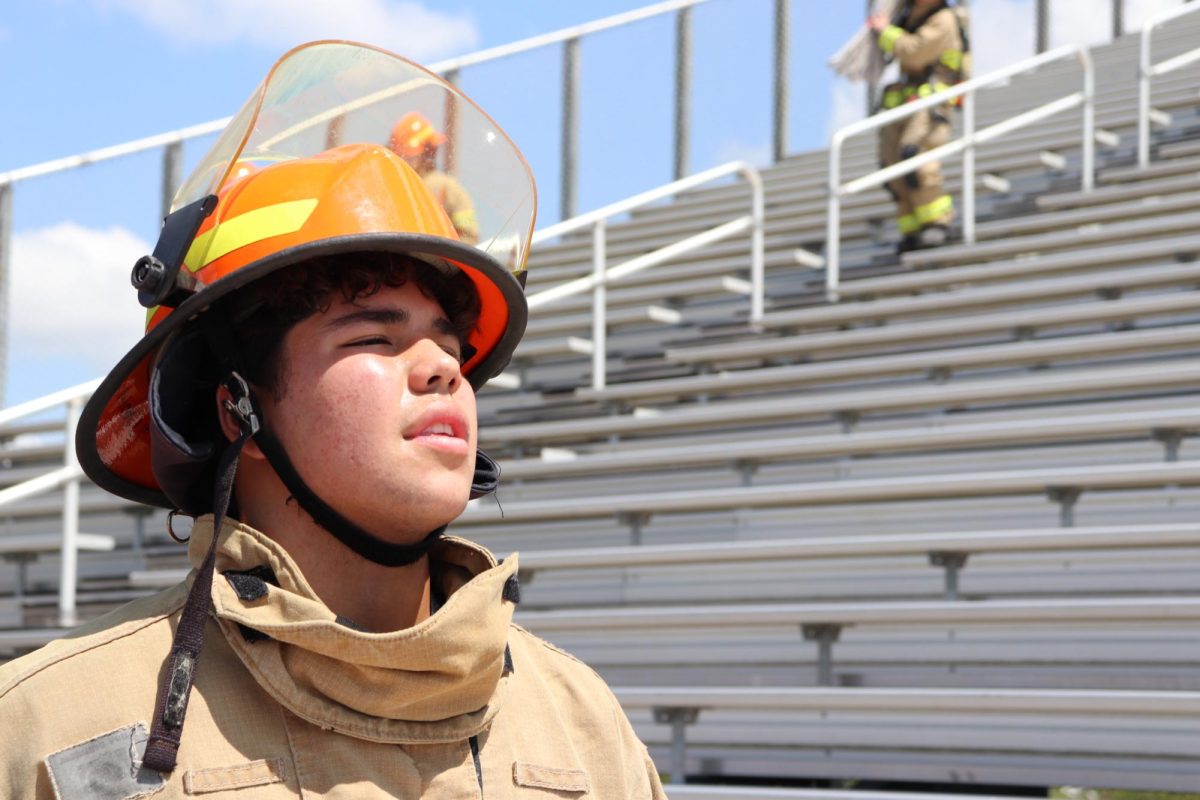District debates drug-testing
March 12, 2020
The start of the spring semester means the birth of fresh ideas; in light of that, a new rule for the next school year is being considered and it has sparked outrage with many of the students. Dr. Eric Wright, the superintendent of Hays CISD, has shown an interest in implementing random drug testing for any student interested in participating in a UIL activity or purchasing a parking pass. While the policy is likely backed up with good intentions, some say the consequences of enforcing this rule would outweigh any benefits.
As of now, nothing is set in stone, for Dr. Wright still has to get this approved by the school board. The plan is to assign a number to UIL students and anyone with a parking pass, and that number could then be randomly selected for a drug test. Any student that tests positive could face suspension from their activity and may be required to take a drug rehabilitation course. At this time, we do not know is what they are testing for, how they are testing it and how often.
“In the ‘Coffee and Conversation With the Superintendent,’ Dr. Wright referenced the program as a possible scapegoat for students who felt pressured into abusing drugs. It’s an honest sentiment, but a largely ineffective base for a potential anti-drug program,” Gender Studies club leader Vincent Johnson, 12, said.
Random drug testing was discussed at the board meeting on Feb. 17 at Lehman, where Adrianna Price presented her research on the idea. After speaking with neighboring districts about drug testing in schools, Price seemed sold on the policy. She emphasized that it focuses more on rehabilitation of the student, and less on discipline. Both Price and Dr. Wright are hopeful that this policy can reduce teenage drug use by giving students a reason to say no to peer pressure.
“The point is to provide an out for kids who are struggling with drugs, or who may be faced with an opportunity to start using drugs,” Price said.
Vincent Johnson and Mahalia Norton, who is also a leader of the Gender Studies club at Hays, also addressed the board in regards to random drug testing. Both students took a strong stance against the policy for monetary and moral reasons. Johnson focused on budgetary insight, claiming that district funding should go toward other priorities, such as replacing old textbooks. Norton emphasized the mental toll random drug testing could take on a student, claiming that more “militant” policies would not improve relationships on campus.
“I think that there should be a system that provides aid rather than a witch hunt. Random drug testing removes what little trust there is from the relationship between administration and students. In addition, there may be conflicts with medical prescriptions,” Norton said.
After hearing information from both Price and the students, the board of trustees still had many questions regarding the policy, including how it would be covered in the budget. Because it was only presented as an idea and not a concrete plan, these questions could not be completely answered. The board members want to make an informed decision that tackles teenage drug use, but also respects the students’ desire to feel comfortable within school walls.
“We adults can sit up here and talk numbers, but if we move further with this, we for sure have to get the consideration that came out of that conversation about relationships between students and administrators,” said Board member Merideth Keller.
Before moving to Hays, Dr. Wright implemented a randomized drug testing policy in Fredericksburg ISD similar to the one he’s pushing to establish here. Students and staff members speak highly of the policy, claiming that it reduces drug use among the student body.
“One thing is for sure, we have had a very small number of repeat offenders. Typically if someone tests positive the first time, it serves as an intervention with sponsors and parents, and it normally has a positive outcome,” Fredericksburg Athletic Director Lance Moffett said.
The board of trustees is interested in looking into a stronger drug recovery policy; they even hope to develop one that tackles the nicotine epidemic as well. However, they did not determine if random drug testing is the best way to achieve this. Wright and the board will be exploring other methods as well, but it is too soon to determine if randomized drug testing is on or off the table.






